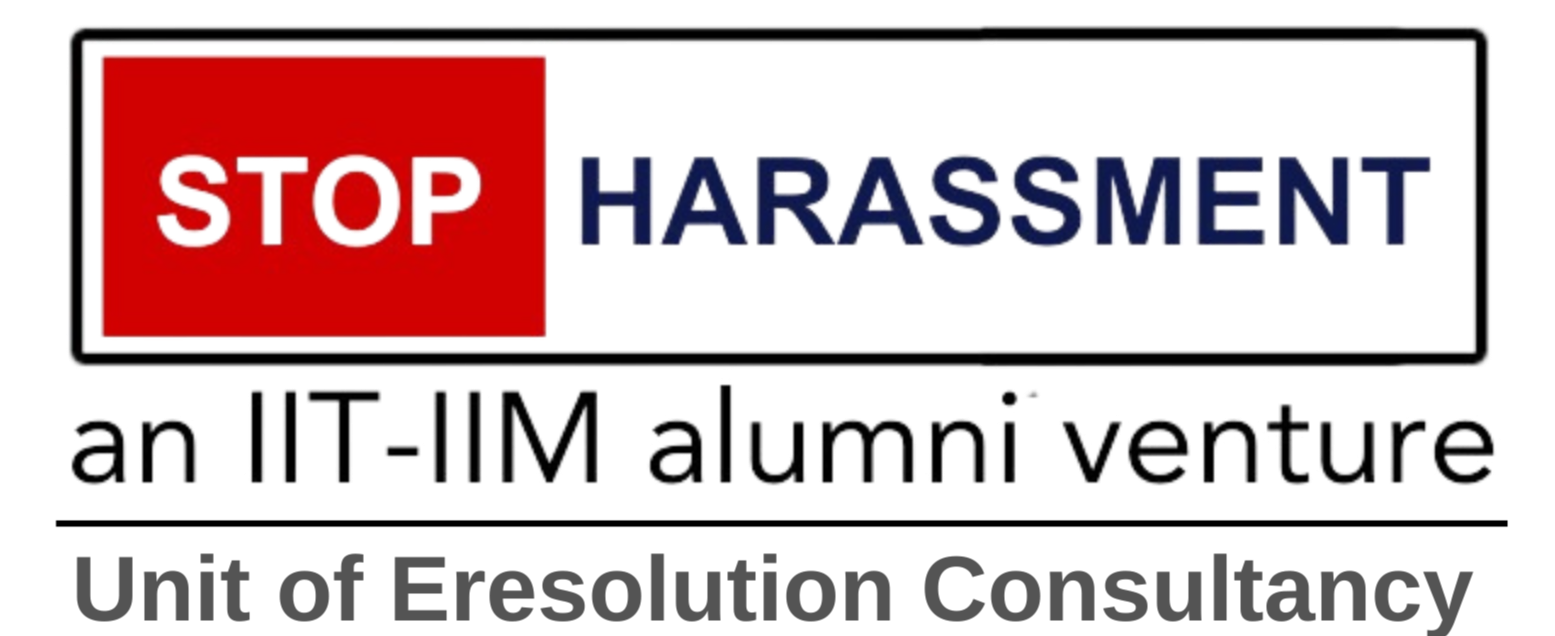· Loan Resolution · 4 min read
Can Banks Seize Your Property Without a Court Order? Understand Your Rights as a Consumer
Can banks seize your property without a court order? Understand your rights as a borrower, the differences between secured and unsecured loans, and the legal steps banks must follow before taking action.

When someone borrows money from a bank, especially a mortgage loan, and is unable to pay back the loan due to financial difficulties, they often have a query: can the bank just seize your property without a court order? Many borrowers are concerned about this, especially if they have financial problems. In this blog, we will discuss your rights as a consumer and whether banks can attach your property without a court order in the case of mortgage loans.
Difference between Mortgages (Secured) and Unsecured Loans
Mortgages (Secured Loans):
A mortgage is a loan against some asset of the consumer. The lender maintains the asset as security until the borrower repays the full amount plus interest. Most individuals purchase a home with a mortgage. Mortgage loans are usually for long-term goals.Unsecured Loans:
Loans such as personal loans and credit card loans are unsecured loans. The bank cannot seize the properties of the owner, such as a house or a car, since they are not attached to these loans. These loans are made for short-term goals and have lower interest rates compared to mortgages.Is a Court Order Required to Seize Your Assets Against a Loan?
In general, a court order is necessary for the bank to take control of your property. However, it depends on the details of the loan arrangement.
For Mortgages: Banks often have the power to confiscate your property if you are unable to pay the loan. However, this process usually requires court intervention unless stated otherwise in the agreement. The bank files a complaint with the court to confirm the customer is unable to pay back the loan, and after the court’s approval, it can take possession of the property.
For Unsecured Loans: Banks cannot take your property without going through the legal procedure. If a loan is not paid, the bank must take legal action rather than harassing the consumers. While they can transfer the case to a third party for recovery, they cannot seize property to recover the money.
Legal Rights of a Consumer
The bank must follow proper procedures in such cases, and consumers have rights before any action is taken. Here are a few rights outlined below:
Right to Notice:
Before your property is seized by the bank, it must notify you of the seizure. In the case of a mortgage, this can include receiving formal notices, reminders, and notices saying you are behind on payments and may lose your security on the loan.Right to a Court Hearing:
In most cases, the bank will need a court order before it can repossess your property. This means you are entitled to a legal remedy. You can present your case and explain your inability to pay the debt. The court will consider your circumstances before making a decision.Right to Fair and Equal Treatment:
The court requires banks and other financial institutions to treat their consumers fairly and equally. The consumer has the right to file a complaint with the banking ombudsman or other regulatory bodies if they believe the bank is treating them unjustly, putting them under undue pressure, or harassing them to pay the loan amount.Steps to be Taken by the Consumers
Contact the Bank:
The very first step that a consumer should take is to contact the bank, inform them about your financial problems, and ask about other payment options. Instead of going through a long process, banks often prefer to find solutions.Get Legal Help:
If the bank threatens to take your assets, talk to a lawyer. Seeking help from a professional in such situations can ease the situation and guide you through the process.File a Complaint Against the Bank:
If the consumer believes that the bank is harassing or not following the law, the consumer can file a complaint with the banking regulator or another supervisory body.Conclusion
Though there are scenarios whereby a bank can seize some assets, certain legal steps have to be followed to safeguard the consumer’s rights as well. No matter if you take out secured or unsecured loans, it is important for a consumer to know the details of the contract before signing the loan agreement. In case the loan has been completely paid off, remember to take the relevant documents from the bank after closing the account.
If you are stressed out because of economic challenges, do not take too long to take action against it. As a means of safeguarding yourself and your assets, write to your bank, take legal help, and look up what your rights are so that you can safeguard yourself and your future.

(Stopharassment) Trapped in a Costly Loan_ Here's a Realistic Way Out.D8AJttjX.jpg)
.CQX6XYsF.jpg)
.BRHoz0Cm.jpg)